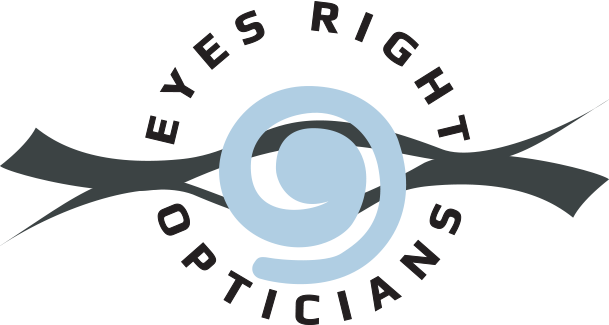Frequently Asked Questions
Get all your questions answered by the professionals.
Many ophthalmologists and optometrists highly recommend disposable contact lenses. They are a wise choice health wise because there is less opportunity for protein and bacteria to build up on them. Also, if you wear daily contact lenses, which are thrown away at the end of the day, you won’t need to buy solutions to clean and disinfect them after use.
Contact lenses come in various material types’ replacement schedules and wear schedules. Many wearers find disposable contact lenses and extended wear contacts the most convenient.
Some people do have good luck with over-the-counter reading glasses. However, you need to visit your eye doctor regularly for 2 main reasons:
- Eye examinations are the only way to catch ‘Silent’ diseases in their early stages, when they are more easily treated.
- One-eye-fits-all reading glasses do not work well for people who have a different prescription in each eye, or whose eyes are not centred in the lens. Headaches are a common problem in those cases.
Anti-reflective coating / Blue Protect coating helps you to see through your spectacles more easily, your eyes are more visible and eliminates the annoying glaze in photos taken with a flash.
Here are lists of possibilities that might trigger a child to wear spectacles:
- Consistently sitting close to the television or holding a book to close.
- Losing his/her place while reading
- Using a finger to follow along while reading
- Squinting
- Tilting the head for better visualisation
- Frequent eye rubbing
- Sensitivity to light
Sunglasses are a must as they prevent the eyes from sun damages and at the same time, they can improve eye vision.
Routine eye exams can detect vision problems, eye diseases and general health problems before you are aware if a problem exists.
Optometrists are licensed medical professionals trained to prescribe and fit lenses to improve vision, and to diagnose and treat various eye diseases.

